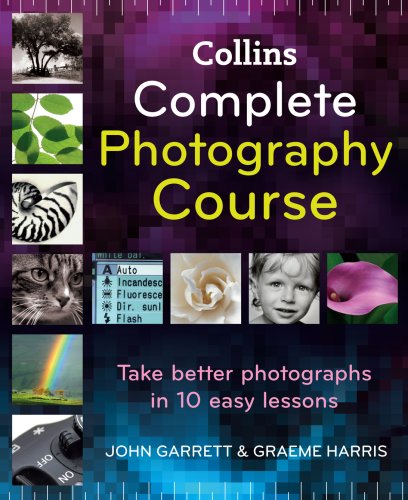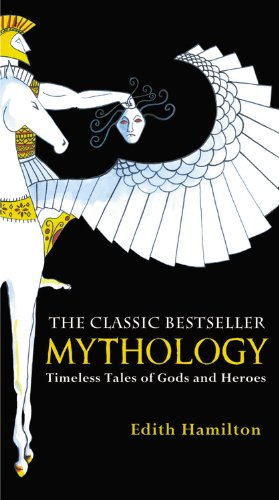This was the first of three photography books I decided to read as introduction into the theme, its techniques and creative possibilities. The one best thing I can say about this Photography Course is that reading it has really got me into trying my new Sony Cyber-shot DSC HX100V. If the title with the word "complete" might be an overstatement, in fact it does include most or all of the subjects one would expect to find in a technical photography book.
It starts by a quick review of the history of photography and then moves to a chapter on equipment with enough information for a newcomer to understand what kind of camera one should buy and what else is needed to produce the wanted results, from torch to tripods and even a swiss army knife. After this, the book has sections on exposure, aperture, shutter and lenses, interesting for both SLR or compact camera and film or digital users. Next, the authors introduce the reader to the planning and production of a photo and creative possibilities in sections such as composition, light, colour, filters and black and white. All of these sections include small projects to encourage the reader to try as he learns and small explanations on how the image achieved can go wrong. Finally, the last two chapters are on image enhancement (mostly, but not only, based on Photoshop) and management, organizing and printing images. I was glad to find that the book offers further reading advice and other strong points to it are the good quality images as examples to almost every concept and technique described, the reference of artists considered experts on them and the inclusion of a glossary and an index, sometimes forgotten but always useful in this kind of book.
All in all, this is a really good read for photography beginners such as myself and, though one might need more information on some topics or could be happy with less time spent reading about others, as what each reader knows and is interested in a priori is different, I believe most would be satisfied with the organization and clear explanations given in Collins Complete Photography Course.
______________________________________________________________________________
Este foi o primeiro de três livros de fotografia que decidi ler em jeito de introdução ao tema, à técnica e às suas possibilidades criativas. A melhor coisa que posso dizer sobre este "Curso de Fotografia" é que me encorajou a experimentar a minha nova câmara, uma Sony Cyber-shot DSC HX100V. Se é verdade que o título incluir a palavra "completo" é um exagero, de facto ele aborda todos os assuntos que seria de esperar num livro técnico de fotografia.
Começa por uma pequena resenha histórica da fotografia seguida de um capítulo sobre equipamento suficientemente informativo para o leitor perceber que tipo de câmara e que outras ferramentas o leitor necessita para alcançar os resultados que deseja, desde lanternas e tripés até um canivete suiço. Depois o livro inclui secções sobre exposição, abertura, velocidade do obturador e objectivas, interessantes tanto para utilizadores de máquinas compactas como de SLRs sejam elas de filme sejam digitais. De seguida, os autores introduzem o leitor à preparação e produção da imagem e oportunidades para dar azo à criatividade, em capítulos sobre composição, luz, cor, filtros e fotografia a preto e branco. Todos as secções incluem sugestões de pequenos projectos para estimular o leitor a experimentar o que vai aprendendo e explicações plausíveis para o que neles possa correr mal. Os últimos dois capítulos são sobre manipulação (em geral baseado no Photoshop mas não limitado a isso) e organização e impressão das imagens. Foi bom encontrar conselhos sobre mais leituras sobre o tema e dois outros pontos positivos são as imagens de boa qualidade a ilustrar cada conceito e técnica descritos, a referência de artistas considerados peritos nas mesmas e a inclusão de glossário e índice remissivo, por vezes esquecidos mas sempre úteis neste tipo de livro.
Globalmente, esta é uma boa leitura para principiantes tal como eu e embora se pudesse precisar de mais informação nalguns temas e ficar satisfeito com menos tempo perdido com outros - dado que o que cada leitor sabe a priori é diferente - julgo que a maioria ficaria satisfeito com a organização e explicações simples e claras oferecidas pelo Collins Complete Photography Course.
Desconheço uma versão traduzida para português, mas o inglês utilizado não exige um conhecimento especialmente avançado da língua.


